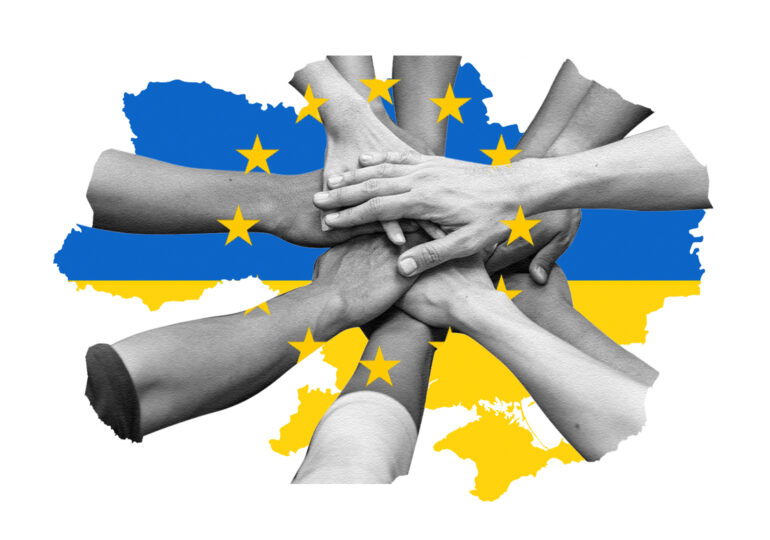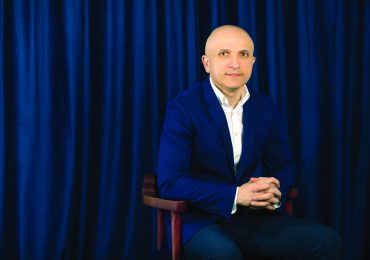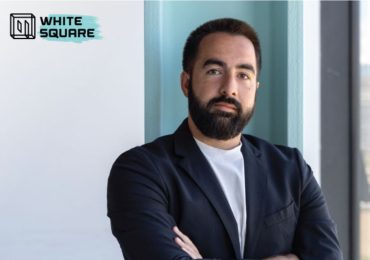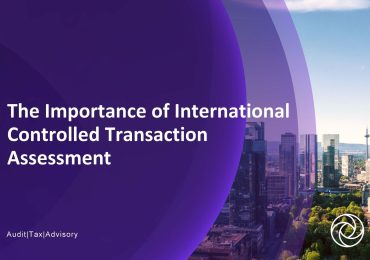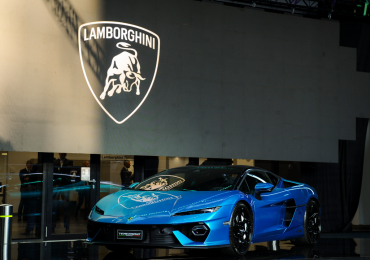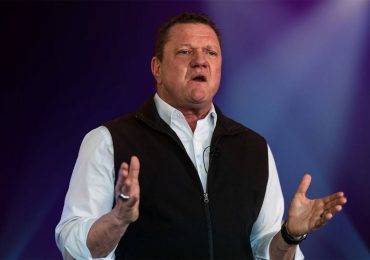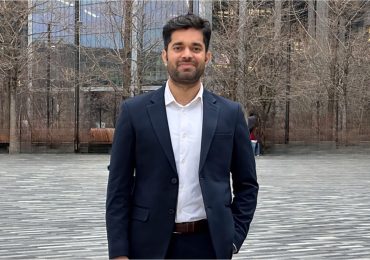The current Russian invasion of Ukraine has united Europe and the transatlantic community more than ever since the fall of the Berlin Wall. There were considerable internal divisions over Russian policy within the EU. However, these differences have become almost minimal as Putin’s Ukraine gambit has been the greatest challenge to the West’s security architecture in the past several decades. The invasion and its meaning for the security architecture in Europe made the discussion over engagement with Russia irrelevant. Italy’s desire to keep selling luxury goods to Russians or Germany to maintain easy access to Russian gas has quickly faded.
There has always been too much inter-state division in the EU regarding its common foreign policy toward Russia. The most prominent member states have primarily driven the issue. The lowest common denominator in relations with Moscow has always been engagement for the sake of economic benefits. This has constantly led to the lack of a consensus within the Union. Despite the ambitions of EU leaders to boost the “EU’s geopolitical role on the world stage,” the organization’s foreign policy remains dependent on intergovernmental bargaining that is more like a ‘melting pot’ of different opinions on Russia rather than a united stance.
Some member states have favoured engaging with Moscow, whereas another group of states, including the Baltic countries, Poland and Romania, see it as unacceptable. Their rhetoric towards Moscow has always been harsh and drawn from historical experience as well as Russia’s aggression in Ukraine and Georgia. For instance, apart from the US, the Baltic states, Poland and several other Central European countries were the only EU member states that showed support to the Czech Republic in the tit-for-tat diplomatic clash with Moscow regarding the alleged involvement of Russian spies in the 2014 explosions at a Czech munitions depot.
Meanwhile, France, Italy and Germany have been seeking new opportunities for cooperation with Russia. At the 2020 Munich Summit, the President of France, Emmanuel Macron, advocated more dialogue with Moscow in order to “resolve differences.” Subsequently, in a ‘non-paper’ Germany urged its Western partners to opt for “selectively engaging” the Kremlin. While an unsigned document voiced several accusations against Moscow, it noted that the EU should have a “vital interest” in stable relations with the Kremlin on issues, such as conflicts in the MENA region, global environmental and various economic challenges. However, the statement for “structured” cooperation contrasted with the EU’s new sanctions on Russia over the Navalny case and the crackdown on protests.
Apart from that, German governments always prioritized the acquisition of economic benefits over geopolitical concerns. Despite the objections of several EU member states, Germany has long remained immersed in the Nord Stream 2 pipeline project designed to import gas from Russia. In February, German Chancellor Olaf Scholz decided to halt the certification of the Nord Stream 2 pipeline in response to Russia’s recognition of the two breakaway regions in the Ukrainian Donbas. Some of the influential EU member states’ aspirations to cooperate with Russia have to a large extent, compromised the EU sanctions imposed on Moscow and led to further fragmentation within the organization in the past decade. This significantly undermined the EU’s performance as a geopolitical actor and encouraged Russia to essentially overlook it and keep pursuing its destabilizing and aggressive politics in the region. This deep-rooted issue of the EU was manifested at the press conference in Moscow, where the European Union’s Chief Representative, Josep Borrell, was unprecedentedly humiliated. Apart from that, Russian gas exports had seen a record high in the past few years, encompassing roughly 40% of the EU’s supplies. The Nord Stream 2 was designed to double Russian gas exports to the EU and boost the Kremlin’s leverage over the EU’s energy policy.
Nevertheless, in the wake of Putin’s invasion campaign in Ukraine, Europe has unanimously imposed sweeping financial sanctions on Russia. European countries also banned the Kremlin’s main propaganda channel abroad, Russia Today. The most dramatic shift has been in Germany, a country that tried to engage with Putin for many years selectively. Initially, Germany indefinitely suspended the Nord Stream 2 pipeline project. Following that, allies pushed Berlin and agreed to take a tougher stance toward Russia across the board. On February 26, the German government dropped its resistance to suspending Russia from SWIFT and decided to send arms to Ukraine. February 27 marked a beginning of a new era in German foreign policy. Scholz announced a plan to beef up the German military, pledging €100 billion of the 2022 budget for the armed forces and repeating his promise to reach the 2 per cent of gross domestic product spending on defence in line with NATO demands. Scholz announced the new allocation in a speech during a special session of parliament on Germany’s response to Russia’s invasion of Ukraine and underlined that it would enable Berlin to fulfil its NATO spending commitments over the long term.
Even though there were almost no signs of shifts in EU foreign policy towards Russia, member states faced a dire necessity of solidifying their stance, seeking new links with Moscow by some influential member states, especially in the energy sector, primarily undermined EU unity and security. The ongoing Russian aggression in Ukraine has inadvertently created the greatest challenge to the Kremlin. Instead of dividing and ruling, the Russian leader faces a more united Europe. In the long run, EU leaders should remain consistent with this robust and coherent collective approach instead of having divided positions and soft rhetoric. The EU should commit itself to upgrading the integration with its Eastern Partners in the long term. These states, especially Georgia, Ukraine and Moldova, should be offered more tangible incentives underpinned by the conditionality of democratic reforms and eventually given the candidate status.
